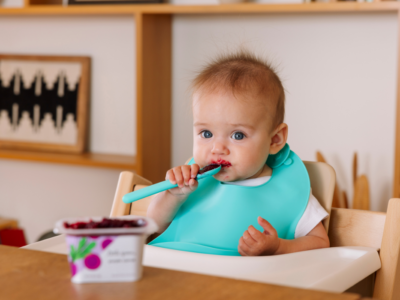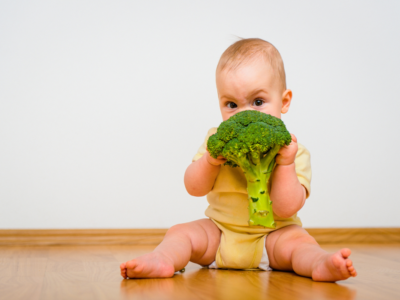In the early stages of potty training, it can be fairly common for children to pee and poop less while they are learning their body cues. Sometimes, this can be pretty worrisome to us as parents, but actually it’s just a temporary adjustment to their normal potty routine.
However, there are times where children DO withhold pee and poop out of fear or resistance to using the potty. This may look like not peeing for very long periods of time (generally several hours or more), trying to physically hold back from releasing pee or poop when they really need to go, or holding in their pee or poop until bedtime or…until they burst (literally).
Why children withhold
There are different reasons why children withhold. The first could be out of a genuine fear of the changes associated with potty training. This milestone can often be intimidating for little ones because up until this point they’ve only had to release their pee and poop mindlessly into their diaper/Pull-Up where it stays nice and contained. When the diapers go away, the sensation of releasing pee or poop is very different. It can even feel like part of their body is falling out! (No wonder it’s scary to them, right?!)
Secondly, children often resist peeing and pooping on the potty due to one thing toddlers are notoriously known for – the power struggle. The exact age that children are often ready for potty training is also the age where they begin experimenting with their autonomy which can present itself through BIG emotions! So the struggle of “I’m absolutely not going to poop until you give me that diaper back” can become very real.
No matter what the reason is – there’s no doubt it is stressful! First of all – it’s much harder to get pee and poop in the potty when they aren’t peeing and pooping! Second of all – it can make you question if you are doing them physical harm by continuing. Don’t worry though, there are ways to help your child overcome their withholding tendencies!
What to do if your child withholds
Every child is different, just like adults! Some children will need to pee every few hours and others will only need to go several times per day. Both types of potty schedules are normal! However, YOU know your child best and you’ll be able to tell if they really need to pee or poop but aren’t making the move to do so.
When those signs become apparent, try to make the process as fun as you can, so no matter what their reasoning is for not releasing on the potty, they will at least be super motivated to give it a try!
- Fill up a basket with new sensory toys that you know your child will love playing with and only have them accessible during potty time.
- Have your child “teach” their favorite stuffed animal, or a drink and wet doll, how to pee and poop on the potty. Children learn 40% faster through play!
- Offer appropriate choices. This will help your child feel a certain level of control over the situation.
- Remove ALL diapers and Pull-Ups to take away confusion and replace it with consistent expectations!
How to decide when to take a break
Most of the time, I encourage parents to keep pushing through the potty training process. It can be a rough first few days, but the hard work is worth it! However, there are several incredibly valid reasons to press pause on potty training:
- If your child develops a medical issue. Extreme withholding (for 12 hours or more for pee or 3 days or more for poop) can potentially lead to physical problems. We always want to prioritize health and safety! If the withholding doesn’t improve after the first 3 days, a break is likely in order.
- If YOU get sick or injured. As your child’s potty training guide, it’s important that you are mentally, physically, and emotionally well in order to navigate this uncharted territory.
- If anyone’s mental health is at risk. We want potty training to be a fun and positive process! If anyone involved in potty training is feeling increasingly overwhelmed and stressed out to the point where it is affecting your daily life or relationships, taking a break may be the best option.
- If you aren’t noticing any measurable progress after the first full week, it may be time to pause and take a step back. You can always reassess and try again in a few weeks!
Remember, potty training is a BIG milestone for your toddler AND for you! Take each step one day at a time, and remember, progress isn’t always linear. You’ve got this!



